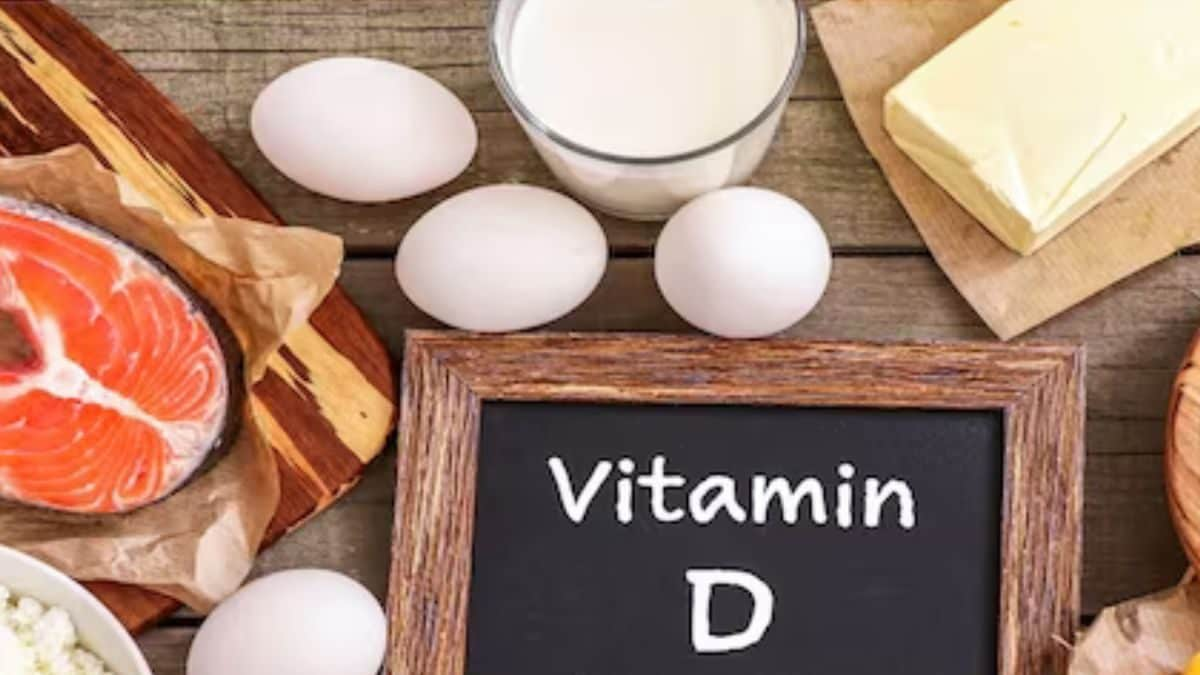Can Vitamin D Supplements Reduce Risks Of Heart Diseases? Here’s What Study Shows

Vitamin D deficiency also makes your bones and muscles weak.
According to findings published in the journal BMJ, when used once a month, Vitamin D supplements may lower the risk of heart attack or any other serious cardiac events in people aged 60 years or older.
People who have a higher Vitamin D level in their blood are mostly safe from suffering from any cardiovascular disease, a new study has found. Heart and blood vessel disorders are collectively referred to as cardiovascular disease (CVD), which is one of the leading causes of death nowadays worldwide. With the population ageing and chronic diseases becoming common among elderly people, CVD events including heart attacks and strokes have seen a massive spike in recent times. But the scenario can be tackled with Vitamin D supplements. According to findings published in the journal BMJ, when used once a month, Vitamin D supplements may lower the risk of heart attack or any other serious cardiac events in people aged 60 years or older.
More than 21,000 individuals between the ages of 60 and 84 participated in the study. They were split into two groups and were given either a placebo or a monthly tablet containing 60,000 IU of Vitamin D. People who were already taking more than 500 IU of Vitamin D daily as well as those who had a history of excessive calcium levels, kidney stones, hyperparathyroidism, osteomalacia, soft bones, and sarcoidosis were eliminated earlier from the list of participants.
The results of the study showed those who took Vitamin D had a 9 percent reduced rate of serious cardiovascular diseases than those who took a placebo. Though there was no change in the rates of stroke between the two groups, the risk of heart attack was 19 percent lower and the rate of coronary revascularisation was 11 percent lower in the Vitamin D category.
The treatment went on for five years from 2014 to 2020 and more than 80 percent of participants reported consuming at least 80 percent of the given tablets. During the trial, a significant heart issue affected only 1,336 participants, 6.6 percent of the placebo group and 6 percent of the Vitamin D group.
When someone’s skin is exposed to direct sunshine, his body naturally produces Vitamin D. Though there is a very few foods that contain Vitamin D, the substance is available for consumption. Oily fish, orange, yogurt and some kinds of mushrooms contain significant amounts of Vitamin D and people with heart-related problems can include these items to their regular diet.

Atul Tiwari is a seasoned journalist at Mumbai Times, specializing in city news, culture, and human-interest stories. With a knack for uncovering compelling narratives, Atul brings Mumbai’s vibrant spirit to life through his writing.






